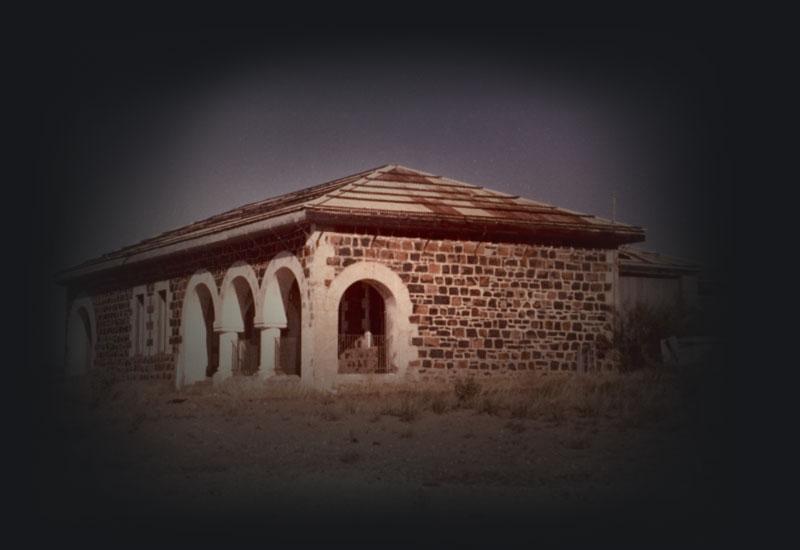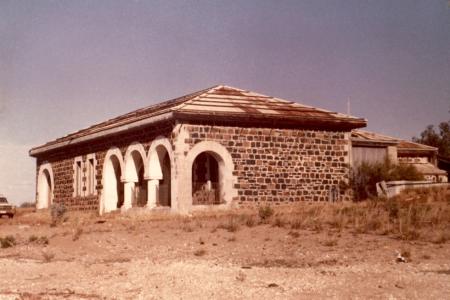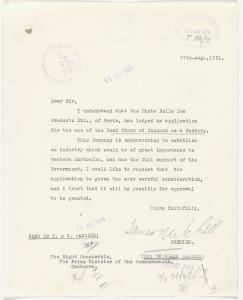By the early 20th century, Cossack's prospects as a bustling port had sunk and its pearl fishing boom had moved to other waters. The town's impressive stone municipal buildings now stood empty.
One of these was the sturdy customs house and bond store, constructed in 1897 from local field stone and ship's ballast. Designed by George Temple-Poole, it had been built to weather the frequent harsh storms that battered the north-west coast.






